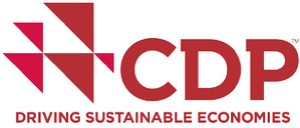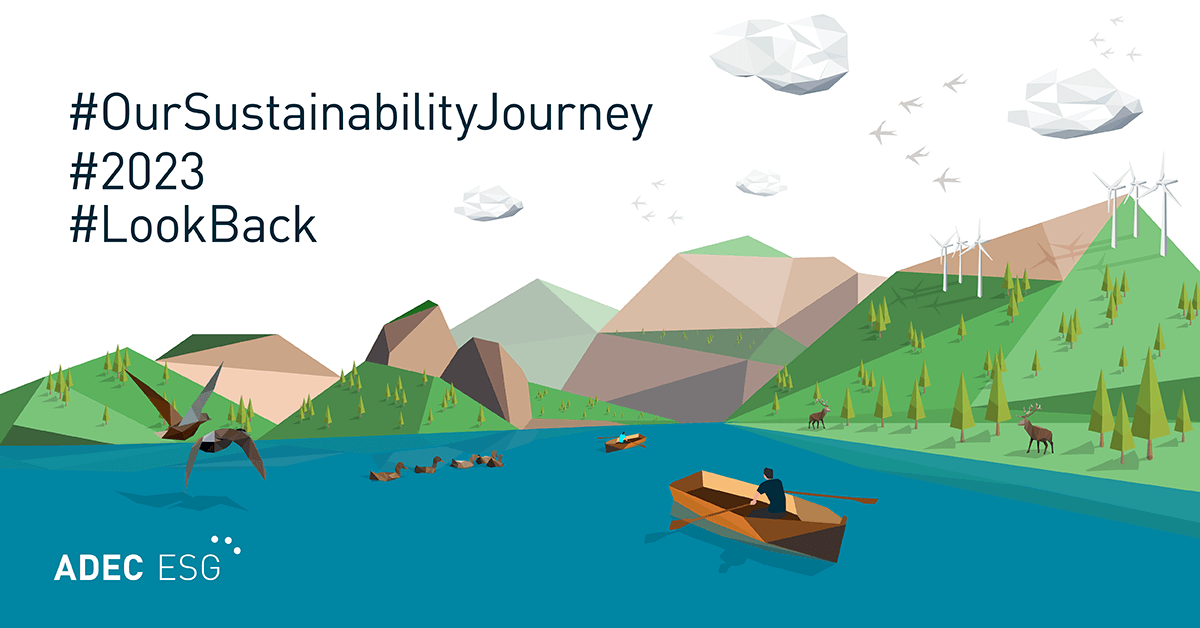Within the recent past, corporate social responsibility (CSR) has become increasingly topical, breaking the perception that it considers only philanthropy. Now, CSR is fundamentally about how companies integrate philanthropy along with their core business practices, and public policy dialogue, as reported in a Harvard Kennedy School article. Moreover, according to an article in the Journal of Business Ethics, CSR presents the following four dimensions:
dimensions:
- Profits
- Political Performance
- Social Demands
- Ethical Values
Inherent within these dimensions comes the complexity of conducting business in countries of varying economies, classified by The World Bank as Low, Middle, and High-Income economies, simultaneously while addressing the increasing number and influence of non-governmental organizations. Add to this the myriad considerations of a corporation’s supply chain management, and a picture emerges of intricate carbon reporting requirements. In my previous blog on Construction Material Life Cycle Assessment and Environmental Impacts, the environmental impacts of green building were explored, adding yet another dimension to corporate carbon management. As a result, corporations in regulated industries must engage in an internal custom-made process specific to their goals and implementing strategies related to CSR.
Regulated Industries
Regulations are exerted upon most industries to some extent. Regulated industries are those structured to a significant extent generally by more than one governmental level, and in the case of multi-national firms, by more than one government. For example, PepsiCo, a well-known U.S.-headquartered corporation, conducts business in approximately 200 countries with an extensive number of suppliers.
CSR Reporting
Concerning the previous example, PepsiCo has engaged in the formal CSR program summarized below:
“We educate and work with our suppliers to improve social responsibility performance across the supply chain. By working with strategic suppliers on specific initiatives, PepsiCo is able to grow and extend our resource conservation programs and set quantifiable goals for energy, greenhouse gas, water, agriculture, and forestry resource conservation within the extended supply chain.”
In producing PepsiCo’s Tropicana brand orange juice, it was determined that almost 40 percent of the carbon footprint came from the growing of oranges – in particular, the manufacture of standard fertilizers used on crops. To reduce the carbon footprint of this product, PepsiCo launched a three-year, 7,200-tree pilot project in the U.S. State of Florida in 2010, which is designed to compare low-carbon fertilizers with standard fertilizer, and to measure the impact on tree and soil health and juice quality. As a result of this work, Tropicana plans to deploy the best fertilizer solutions across its Florida supply base, and globally to citrus and other crop production. If successful, the greener fertilizers could lower the carbon footprint of PepsiCo’s citrus grower suppliers by as much as 50 percent and reduce the total carbon footprint of Tropicana orange juice by up to 20 percent.
 In addition, PepsiCo is an active participant with the Carbon Disclosure Project (CDP). The CDP program is designed to promote information-sharing and innovation among the supply chain members that are incorporating carbon management strategies into their supply chains, and hence their core business practices. Companies that have incorporated internal carbon management strategies understand the value of measuring and reporting emissions. Approximately 45 percent of CDP member companies have reported reductions in greenhouse gas emissions.
In addition, PepsiCo is an active participant with the Carbon Disclosure Project (CDP). The CDP program is designed to promote information-sharing and innovation among the supply chain members that are incorporating carbon management strategies into their supply chains, and hence their core business practices. Companies that have incorporated internal carbon management strategies understand the value of measuring and reporting emissions. Approximately 45 percent of CDP member companies have reported reductions in greenhouse gas emissions.
FirstCarbon Solutions is the scoring partner for the Carbon Disclosure Project.
As noted above, CSR reporting can be complex but FirstCarbon Solutions understands the territory. To find out how our team can assist in CSR reporting and carbon management solutions, just click the button below.
Did you enjoy this post? The author of this article is Kevin Shannon. Learn more about him here.





